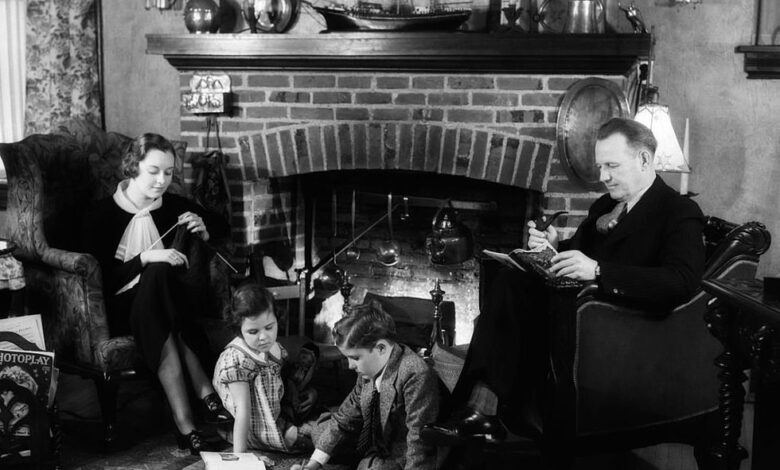Conservative Parents More Likely to Raise Mentally Healthy Teens: Study

It may surprise some leftists to discover that a sure way to bolster the mental health of young Americans is not a crippling diet of pharmaceuticals, surgical procedures, or expensive psychiatric interventions, but rather conservative parenting.
The Centers for Disease Control and Prevention
revealed A recent report indicates that in 2021, 42% of students reported feeling persistently sad or hopeless, and 29% reported experiencing poor mental health. 22% of students surveyed said they had seriously considered suicide and 10% said they had attempted suicide.
Gallup and the Institute for Family Studies launched a
study during the summer, looking for the causes of this uncontrolled problem.
The researchers surveyed 6,643 parents and 1,580 adolescents living with a parent through Gallup’s nationally representative probability-based panel and took into account measures of “adolescent mental health, parental demographics, political opinions, attitudes toward marriage, parenting practices, and parent-child relationships.”
Parents’ race, ethnicity, household income, and educational level appear to have little relationship to their children’s mental well-being. Rather, your parenting practices, your worldview, your relationship with your children, and your relationship with your spouse appear to be the greatest predictors of the cognitive health of the next generation.
Jonathan Rothwell, Gallup’s chief economist and lead author of the study, noted in an IFS
blog entry that the “best results[e] of a warm, receptive, rule-bound and disciplined upbringing”.
The most impactful parenting practices identified in the study concern regulation and compliance, including establishing well-established rules; showing affection daily; establish a regular routine; and authoritatively regulate behavior.
Respondents who indicated it was difficult to discipline their children scored eight points lower on an index that combines measures of youth-reported mental health and well-being with parent reports. Teenagers whose parents agreed that their child “must complete the priorities I set for them before they are allowed to play or relax” alternatively saw a 7.3% increase in the likelihood of having good mental health.
Political ideology was found to be a strong predictor of parenting style. According to the study, adolescents with “very conservative parents are 16 to 17 percentage points more likely to have good or excellent mental health compared to their peers with very liberal parents.”
Liberal parents, on the other hand, had the lowest scores. Only 40% of liberal parents scored above average on the index. For comparison, 71% of very conservative parents and 56% of conservative parents scored above average.
According to the data, the greatest political divide in responses was in response to the statement: “My son often gets his way when we have a conflict.” 80% of very conservative parents disagreed compared to 66% of conservative parents, 64% of moderate parents, 53% of liberal parents, and 55% of very liberal parents.
Rothwell noted, “Conservative parents enjoy higher quality relationships with their children, characterized by fewer arguments, more warmth, and stronger bonding, according to parent and child reports.”
In addition to ideology, parents who disagree with the idea that marriage is an obsolete institution agree that marriage improves the quality of relationships by strengthening commitment and want their own children to marry someday. day seem to have the best results.
When it comes to couples, it was found that parents who maintain high-quality relationships with their spouse are approximately 14% more likely to adopt the practices that benefit adolescents the most than those who give an average or poor evaluation of their relationship. conjugal. The couple’s relationship also turns out to be the strongest predictor of the quality of the relationship between parents and children.
Rothwell referenced the work of the late Stanford University psychologist Eleanor Maccoby, suggesting that she was correct in suggesting that children raised in authoritarian (counterauthoritarian or
laissez-faire homes, were more likely to exhibit “self-control, social competence, success in school, following reasonable rules and regulations, and even exhibiting more confidence and creativity.”
The Gallup economist further suggested that, contrary to prevailing wisdom that assumes medical experts are the “only people who can prevent illnesses or help if they arise, often with prescription medications,” parental actions, judgments and relationships remain being, as always, the keys to the mental health of your adolescent children.
Do you like Blaze News? Bypass the censors, sign up for our newsletters and get stories like this delivered straight to your inbox. sign up here!




